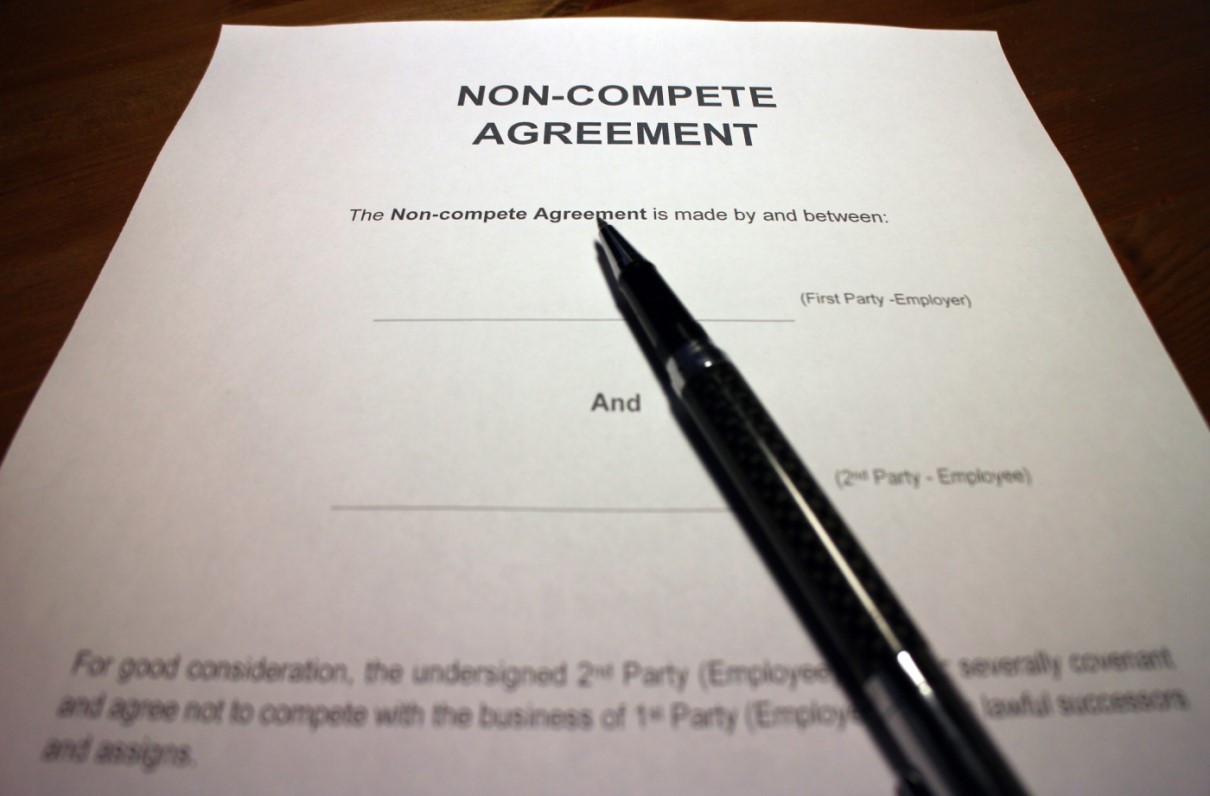By Hannah Becker
Summertime is here, which, for many Americans, means scheduling a vacation.
Vacation can provide the perfect opportunity to reconnect with family, catch up on rest, and find inspiration. Returning to work rejuvenated from a relaxing vacation can help professionals be more productive and focused on their work. Taking a break from your career, even temporarily during summer vacation, is often a good way to position yourself for improved performance.
For employed professionals, vacation prep might be limited to requesting time off and blocking one’s schedule. For self-employed entrepreneurs, vacation prep might require a great deal of foresight. Depending on your business model and scale, taking a vacation may involve the temporary closing of the business — a potentially risky venture that could result in decreased revenue and missed opportunities. Entrepreneurs can work to minimize the impact of their vacation-induced absenteeism with strategic vacation planning.
Some tips for taking a vacation when you’re self-employed:
1. Evaluate Your Vacation Goals
Prior to turning your vacation responder on, self-employed professionals should evaluate their vacation goals. Do you want to take in the sights? Is quality time with family — free of work-related distractions — a priority? Would you benefit from multiple days of being unconnected from all tech devices?
An entrepreneur’s vacation goals can help them decide how much time away from work they need to feel refreshed. Some vacations may require off-the-grid level of disconnect, while others can integrate a few hours of remote work during travel.
[RELATED: 5 Reasons You Should Register, in Advance, to Attend MOAA’s Annual Networking Forum]
2. Assess Connectivity Options
Assessing the level of internet and phone connection that you’ll encounter during your vacation (both while traveling and after arriving at your destination) can help you plan your leave and avoid common pitfalls that can occur when no one’s minding the shop. If you’re taking a trip to the nation’s capital, you will probably have ample opportunity for WiFi access. If you’re backpacking in the Rocky Mountains, connectivity options may be limited.
Plan accordingly. Vacation itineraries with limited connectivity might require recruitment of additional team members to check messages while you’re away.
3. Identify What Work Can Be Delegated or Postponed
When running a business, you can always find something to work on. An essential part of vacation planning as a self-employed professional is to identify what work can be delegated to an employee or contractor and what work can be postponed until after you return from vacation.
Make a list of all outstanding work items due during the time period that runs one week before you leave on vacation and one week following your return. Assess the expectations and involvement for each outstanding item and 1) delegate or 2) postpone to each one. For items that cannot be delegated or postponed, you’ll need to schedule completion of these remotely while on vacation.
[RELATED: MOAA Partners With Microsoft, Hiring Our Heroes to Launch Military Spouse Telework Pilot Program]
4. Consider a Virtual Assistant
A virtual assistant can help maintain business operations while you’re catching up on R&R. Virtual assistants can respond to client messages, manage social media, and oversee digital communications. Onboarding a virtual assistant prior to your scheduled vacation is advisable, as it may take several weeks to communicate expectations and establish trust.
Virtual assistants can be a great asset to entrepreneurs both on and off vacation. Their remote status helps keep overhead expenses low and allows business owners to focus on growth-related activities. Three military-owned virtual assistant companies that can assist with your outsource needs are Freedom Makers, Jenny Boyles Virtual Assistant Services, and WISE Advise + Assist Team.
5. Communicate, Communicate, Communicate
Don’t wait until the day before you leave on vacation to inform clients that you’ll be out of touch for three weeks. Plan ahead and inform regular customers of your intended leave in advance. Send an email, post an updated schedule on social media, and hang notices in your place on business.
If clients can anticipate your upcoming vacation, they can make adjustments in both their schedule and their expectations regarding your availability. When on vacation, be sure to set up an informative vacation responder than details when you’ll return, when they can expect a response, and who they can contact in your absence should the matter be time-sensitive.
So ... Are You Ready to Take a Vacation?
Entrepreneurs can develop a customized operations strategy that allows them the ability to take off for a vacation without hurting business growth. Assessing business goals, connectivity options, and project priorities can help the company run more efficiently, with or without the business owner present.
Utilization of helpful resources like virtual assistants, and the implementation of an effective client communication strategy, may help minimize any disruption vacations can potentially cause. A vacation should be a time of rejuvenation — not stress — for the entrepreneur.



